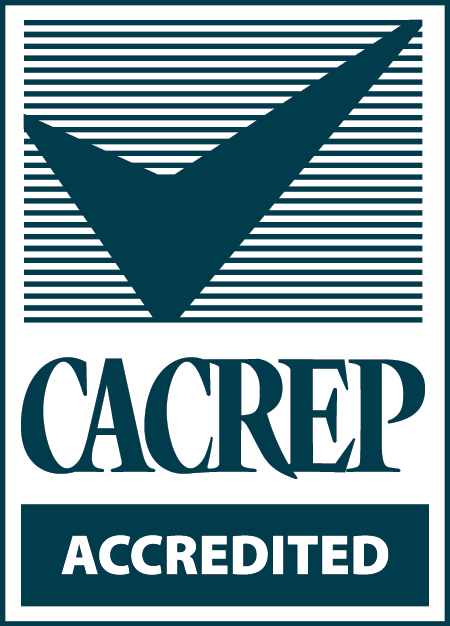Ph.D. – Counselor Education
Become a leader in the field

The CACREP-accredited doctoral program in Counselor Education is designed to evaluate the theory and practice of counseling through quantitative and qualitative research training and to prepare educators and leaders in the field of counseling. Students take doctoral seminars in selected counseling research topics, courses in statistics and research, a counseling practicum, a counselor education internship, and electives approved by their advisors. The goal of the doctoral program is to encourage students to engage their abilities in creative didactic and experiential activities, while developing critical thinking skills and a focused research agenda. Each faculty member is committed to an active mentoring process that promotes students' professional identity and personal achievement.
The doctoral program in Counselor Education seeks students with relevant counseling experience in diverse settings who demonstrate a potential for success in both the research and applied aspects of doctoral study in counselor education.
Graduates go on to teach at the university level, contribute new knowledge to the field through research, serve as competent counselor supervisors, and lead community and national organizations.
Requirements
Ph.D. students must possess a master's degree in counseling, preferably from a CACREP-accredited program. They must be prepared to enroll in full-time coursework (minimum of nine credits of academic coursework) for at least two consecutive semesters during the regular academic year, excluding the required internships and doctoral dissertation credits. This full-time requirement facilitates the students' active participation in professional socialization experiences, such as conference proposal preparation, seminars and symposia, research and curricular projects, and writing for publication.
In order to successfully progress through the Ph.D. program in counselor education, students must demonstrate their acquisition of an adequate foundation in research to enter the research sequence in the program. That foundation includes the following:
- competency in qualitative and quantitative methods and techniques currently being employed in scholarly research,
- an understanding of the research literature which forms the basis of professional counselor education, and
- competency in basic statistical methods used as tools in research, data analysis, and the field of educational tests and measurement.
Curriculum
The program of study includes courses in quantitative and qualitative research, advanced counseling theory and social justice, a counseling practicum, and a counselor education internship. Each student also selects a 12 credit hour cognate intended to broaden his or her knowledge base in a specialized area of counseling expertise. Topics for cognates have included social justice, addictions counseling, family counseling, international counseling, family-school collaboration, and college student development, among others. The cognate is developed with the faculty advisor and cognate courses are integrated throughout the program until completed, typically in the first two years of the program.
Course topics include:
- Advanced theories of counseling
- Theory of counselor supervision
- Qualitative research methods
- Internship in counselor supervision
- Advanced multiculturalism and social justice theory and practice
- Statistics in education
- Doctoral seminar in counseling
- Research in counselor education
- Doctoral practicum
- Doctoral internship
- Dissertation
See the Ph.D. Counselor Education Program of Studies for more details.
Topics for Doctoral Seminars
|
InternshipIn addition to meeting national accreditation standards, the PhD program at William & Mary offers unique opportunities for specialized experiences. Through the New Horizons Family Counseling Center, students can receive advanced clinical training in couples and family counseling; learn and conduct supervision; and serve in administrative leadership roles. The New Leaf Clinic affords students the opportunity to provide substance abuse counseling and education to a variety of clients, including William & Mary students with issues related to use of alcohol or other drugs. Doctoral students can also work with Project Empower, where they are engaged in the provision of interpersonal, academic, and emotional support services to public school students. Opportunities for the supervision of master's students are available in all three settings. Many of those doctoral students who seek counselor licensure are able to complete the clinical experience requirements for licensure during their program of doctoral study. The 100-hour doctoral practicum is taken at any time in the program as approved by the advisor, but is recommended to begin in the second year. The 600-hour doctoral internship includes formal supervised experiences in a singular focus or a combination of teaching, supervision and counseling. The doctoral internship follows the completion of the practicum, and is typically completed in the last year. The 600 hours must include supervised experiences in at least three of the five doctoral core areas (counseling, teaching, supervision, research and scholarship, leadership and advocacy). |
Request InformationWatch Webinar Recording
Program Coordinator
[[braugustine, Bianca Augustine]]
(757) 221-2018
Questions and Inquiries?
Contact us at [[graded]] or
(757) 221-2317.